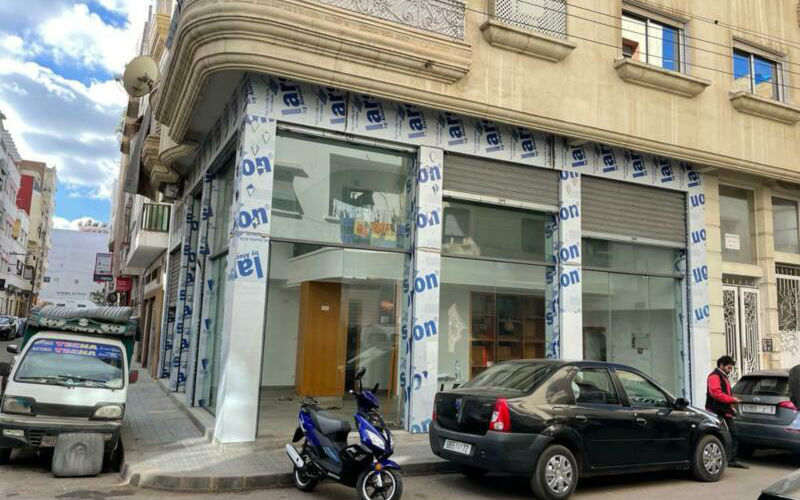Morocco’s Small Business Crisis: Bankruptcies Triple as 40,000 Firms Face Collapse

In Morocco, the number of small businesses that have gone bankrupt has increased considerably in three years. This is revealed by a new national study by the Moroccan Instance of Very Small Enterprises (IMPE) on the situation of VSEs.
Between 2021 and 2024, the number of bankruptcies has increased from 10,500 to more than 33,000, with a projection exceeding 40,000 by the end of the year, according to a survey conducted by the Moroccan Instance of Very Small Enterprises (IMPE) on a representative sample of 670 companies spread across the national territory, the results of which were presented at a press conference held last Friday in Rabat. Proof of this, nearly 48% of the companies surveyed have been in existence for less than three years, while only 30% have survived beyond five years.
This high mortality rate of small businesses is explained by several factors. According to 76% of the bosses, social security contributions are not adapted to the reality of the small business, particularly with regard to the CNSS and income tax. For 74% of respondents, the current tax system is not very incentive. They point to the complexity of the procedures, the extent of the deductions in relation to turnover, and the lack of customized incentive mechanisms. Nearly 90% of respondents denounce the difficulty of access to financing, mainly due to the guarantees required by banking institutions. According to the survey, half of the companies are not even aware of the existing support programs. 70% have never benefited from a public contract, despite the quotas provided for by the regulations.
As for integration into international trade, it remains marginal: 97% of VSEs have never participated in an international trade fair supported by a public institution. On the training side, the picture is also bleak. 52% have never benefited from capacity building programs, which limits their skills development and competitiveness. Another major difficulty: late payments. In total, 70% of companies suffer from late payments, mainly from public institutions or large companies, which severely affects their cash flow, it is specified. To this difficulty is added the competition from the informal sector. More than 80% denounce the competition from the informal sector, which distorts the rules of the game and threatens their sustainability.
This study was supplemented by the recommendations of the first National Forum of Professional Organizations, according to Le Matin. The proposals are structured around three main areas: legislation and administration, training and support, as well as financing and access to information. Discussing the first axis, Rachid Ouardighi, President of the Moroccan Instance of Very Small Enterprises, said that the proposals can be summarized in five points: simplification of procedures, rapid payment of receivables, creation of a single contact point for VSEs and adoption of a clear legal framework for very small businesses.
Regarding the training and support component, the recommendations focus on the establishment of regional centers dedicated to training and local support, as well as the development of the "Pass-TPE" program integrating financing, support and networking. The incentive for banks to adapt their offer, the allocation of 30% of public contracts to VSEs, the protection of the national product, as well as the creation of targeted digital information platforms are the recommendations included in the third and final axis.
Related Articles
-

Tangier’s Tourism Boom: Paradise Lost for Middle-Class Moroccans as Prices Soar
26 August 2025
-

Moroccan Milk Boycott Sours Danone’s Profits: How Social Media Activism Cost a Giant Millions
26 August 2025
-

Moroccan Blue Pearl Chefchaouen Ranks 30th Among World’s Most Beautiful Villages
25 August 2025
-

Moroccan Dirham Strengthens Against Euro as Official Reserves Hit 408 Billion
25 August 2025
-

Spanish Engineering Giant Exits Morocco: Grupo Mecanica Del Vuelo Shuts Casablanca Operations After 11 Years
25 August 2025